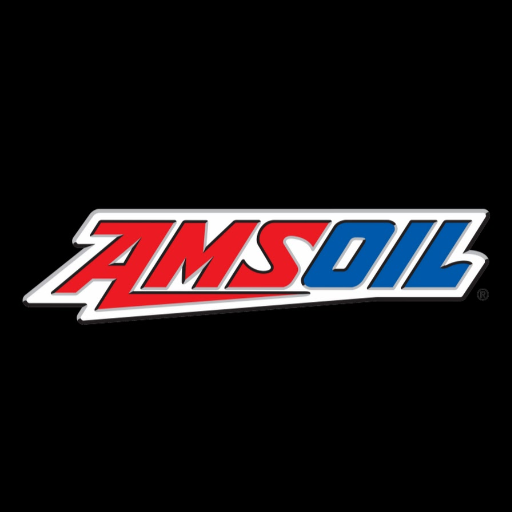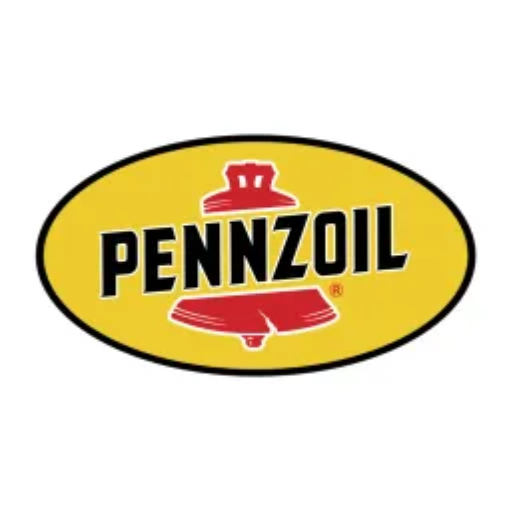When it comes to vehicle upkeep, its performance, and longevity, the choice of engine oil is a particular condition. The entire market appears to be a very overwhelming space, with various manufacturers claiming to offer the best products. Each brand presents attractive promises of protection, fuel efficiency, and engine life. But how do you decide? This guide delves into the top 10 engine oil manufacturers worldwide, providing insightful product comparisons and considerations to help you decide which one best suits your vehicle. If you are an enthusiast or simply looking for engine care, this article will give you the clarity of mind about which engine oil you should settle for. Stay tuned for the key takeaways that blend expert knowledge with practical, real-world advice!
Shell is identified as one of the world’s top energy companies, well-known for its innovations and sustainability garnering reputation. Under Lubricants Division, they offer motor oils for numerous engine applications-whether automotive, marine, or industrial. They use advanced technology in designing their products to ensure better engine protection.
Main Products
Shell Helix, Shell Rotella, Shell Rimula
Key Advantages
Advanced research and development, wide product range, superior global distribution network
Key Disadvantages
Price premium might be a restricting factor on a few budgets
Paying a particular emphasis on fine lubricants with an enhanced functional value, Mobil is one of the ExxonMobil brands. Though they are best known for Mobil 1 synthetic oil, their products range is actually targeted at optimizing engine performance and durability for different vehicle types. Mobil is thereby trusted by the performance enthusiasts on one side and big industries on the other.
Main Products
Mobil 1, Mobil Super, Mobil Delvac
Key Advantages
High-performance synthetic oils, used and trusted under extreme conditions, and for motorsports
Key Disadvantages
Higher price than conventional oils
Castrol, a BP company, is a respected name in lubricant marketing, providing products designed for personal and commercial vehicles alike. Castrol’s innovative formulations meet the needs of engines under different operating conditions and keep them efficient and long-lasting.
Main Products
Castrol EDGE, Castrol GTX, Castrol MAGNATEC
Key Advantages
Higher temperature stability, extensive global R&D network, and green products
Key Disadvantages
Not found everywhere
Over 150 years of experience makes Valvoline one of the oldest and most recognized engine oil brands in the world. Their drive towards innovation and quality had led to products trusted today by car owners and professionals the world over.
Main Products
Valvoline Advanced Full Synthetic, Valvoline High Mileage, Valvoline Premium Blue
Key Advantages
Long-time name for reliabilities, an excellent formula for high-mileage cars, and an emphasis on the DIY market
Key Disadvantages
Less product choices compared to competitors
TotalEnergies is a reputable entity, given its few instances of environmentally sustainable practices and premium dies. They produce high-performance engine oils tailored to current driving conditions, predominantly for electric and hybrid vehicles.
Main Products
Total Quartz, Total Rubia, Total Classic
Key Advantages
Eco-friendly solutions, diverse array of products, in many countries around the world
Key Disadvantages
Lesser know Barrie in U.S. market
Chevron is a notable energy company that has made a strong entry into the lubricant market, primarily through its Havoline engine oils. Their products offer superior protection and performance, covering a wide range of automotive and industrial applications.
Main Products
Havoline ProDS, Havoline Synthetic Blend, Havoline High Mileage
Key Advantages
Reliability proved through experience, firm on performance innovations, and a competitive price mechanism
Key Disadvantages
Thin marketing strategy on a global scale
Amsoil is the pioneer in synthetic lubricant production, and it is sometimes claimed that Amsoil produced the first synthetic motor oil to be approved by the American Petroleum Institute. The focus of Amsoil is on high-performance and long-lasting products for automotive enthusiasts and heavy-duty use.
Main Products
Amsoil Signature Series, Amsoil XL, Amsoil OE
Key Advantages
Superior quality synthetic blends with a long oil change interval, recommended for high-performance engines.
Key Disadvantages
High price, utterly niche-market-oriented.
Liqui Moly is recognized for its high-quality oils and automotive additives, originating from Germany. They prioritize research and engineering with utmost emphasis, developing lubricants that ensure the highest performance and protection for engines of any size.
Main Products
Liqui Moly Leichtlauf, Liqui Moly Synthoil, Liqui Moly Top Tec
Key Advantages
Engineered precision, extreme additives, and the Made in Germany tag
Key Disadvantages
Premium pricing in some markets
Pennzoil is well-known for its motor oil technology, which is based on natural gas. Their products enable engines to run cleaner and more efficiently, generating less wear and tear over time.
Key Products
Pennzoil Ultra Platinum, Pennzoil Platinum, Pennzoil High Mileage
Advantages
Green formulations, the best wear protection in the industry, natural gas-based technology
Disadvantages
Limited availability of advanced products in certain areas
Frequently Asked Questions (FAQs)
What is the best motor oil for high-mileage vehicles?
Motor oil in the high mileage range is usually one of the high mileage synthetic blends or a full synthetic motor oil with special additives that serve to keep engine wear low along with deposits and sludge. Well-known brands are Valvoline High Mileage and Pennzoil Platinum, explicitly formulated to extend engine life. Be aware of the viscosity rating, for example, 5W-30. Good lubrication remains in your vehicle. Will your performance be significantly improved by using the right product regularly? Yes, definitely.
How does synthetic motor oil stand apart from conventional oil?
Full synthetic oil is usually better than ordinary oils when it comes to engine protection and performance. It is engineered to give better lubrication, lessen friction, and give resistance to high temperatures. The synthetic oils of brands like Mobil 1 and Royal Purple are derived from natural gas and have a highly structured molecular architecture, giving it more resistance to oil breakdown. Ordinary oil may not be much more expensive, but it often cannot provide adequate protection, especially in modern engines operating under harsh conditions. Thus we have the question of synthetic versus conventional oil concerning automotive care.
What are the benefits of using full synthetic oil?
Full synthetic oils offer benefits such as superior engine protection, improved fuel economy, and reduced engine deposits. At high temperatures, it provides all the services your engine needs with smooth operation, preventing the oil from being oxidized. The Amsoil Signature Series is the apex, high-performance lubricants designed especially for the most challenging conditions. This oil would still be expected to provide additional intervals between oil changes, potentially and certainly in the long run, making it more cost-effective. Therefore, a premium-grade full synthetic oil can help in extending the life span of a car engine.
What oil is considered the best automotive brand?
Check this list of finest oil brands for cars: Mobil 1, Valvoline, Castrol, and Pennzoil. These brands, thanks to meticulous research and development, have brought forth exceptionally superior products. Mobil 1 offers synthetic engine oils, Valvoline produces high-mileage options, Castrol is known for one of the best formulations of motor oils, and Pennzoil provides some of the best environmentally friendly oils made from natural gas. You can be confident of choosing high-quality oils from a reputable oil brand that fulfills the requirements of your vehicle.
How to know when an oil change might be due?
Oil changes are based primarily on the driving mileage, which manufacturers typically set between 5,000 and 7,500 for synthetic oils. Yet, you still need to consider changing your oil if the engine is usually loud, the engine seems to lack power, or the oil is black and sludgy. If possible, you might consider having your oil tested on an ongoing basis to monitor oil life. You also need to keep an eye on your oil filter, as a clogged one can prevent lubrication and thus cause engine wear. Regular maintenance will keep your engine in optimal condition.
How do API ratings matter when it comes to engine oils?
API ratings are crucial in determining the type and quality of engine oil. As a standards-setting agency, the API certifies various oil formulations to ensure they meet specific conditions for optimal engine protection and efficiency. To that effect, a higher API rating means better, particularly with regards to wear protection and deposit control. When selecting an engine oil, do seek the API service marking on the can, which ensures the oil meets industry standards. Using an oil with an API rating equivalent to or exceeding the recommended rating specified in the vehicle’s specifications will help ensure proper lubrication, thereby increasing the engine’s lifespan.

















